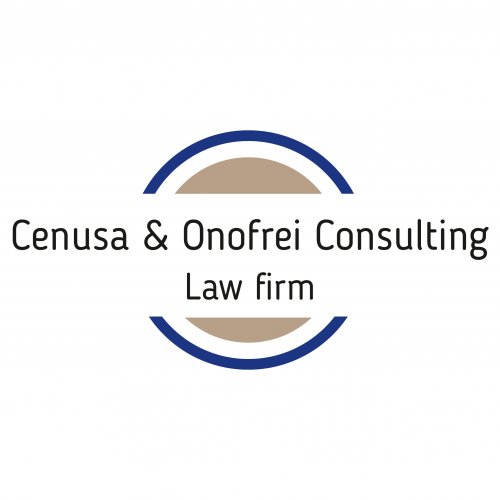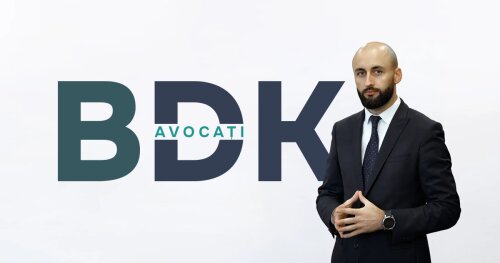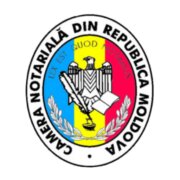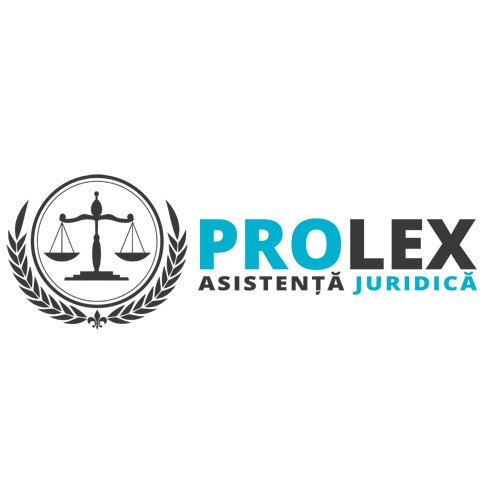Best Conveyancing Lawyers in Republic of Moldova
Share your needs with us, get contacted by law firms.
Free. Takes 2 min.
Free Guide to Hiring a Real Estate Lawyer
Or refine your search by selecting a city:
List of the best lawyers in Republic of Moldova
About Conveyancing Law in Republic of Moldova
Conveyancing is the legal process of transferring ownership of real estate property from one party to another. In the Republic of Moldova, this process is governed by specific national laws and regulations that set out the steps required for the legal transfer of residential, commercial, and agricultural properties. Conveyancing in Moldova involves careful documentation, registration, and compliance with both national and local property requirements to ensure valid and secure property transactions for both the buyer and the seller.
Why You May Need a Lawyer
Engaging a lawyer in Moldovan conveyancing transactions is highly advised, due to the complexity and importance of property laws. Here are some common situations where legal assistance is crucial:
- Buying or selling real estate, including houses, apartments, land, or commercial premises
- Resolving ownership disputes between parties
- Verifying property title and history to avoid fraud or claims
- Preparing and reviewing contracts of sale or purchase agreements
- Making inheritance transfers or dealing with succession issues involving property
- Ensuring compliance with local tax, planning, or zoning regulations
- Dealing with foreign buyers or sellers, where translation and international law expertise are required
Legal advice can help prevent costly mistakes and delays, facilitate smooth transactions, and provide essential peace of mind during the transfer process.
Local Laws Overview
Conveyancing in the Republic of Moldova is primarily guided by the Civil Code, as well as several other legislative acts and government regulations. Here are some key elements of local laws and procedures relevant to conveyancing:
- All transfers of real estate must be concluded as written contracts, notarized by a public notary
- The property must be registered in the State Register of Immovable Property, maintained by the Agency for Public Services
- Sellers must prove a clear and legal title before a transaction is completed
- Legal entities may have additional requirements or documentation for participation in property deals
- Inheritance law and family law may affect the rights of heirs and spouses regarding property ownership
- Specific tax rates and duties apply, and must be paid prior to registration of the transaction
- Foreigners can own property but with some restrictions depending on the category of real estate
- Disputes are resolved in court only after all administrative remedies have been exhausted
The requirements for documentation, due diligence, and registration are strictly followed, making professional guidance valuable for ensuring full legal compliance.
Frequently Asked Questions
What documents are needed to sell a property in Moldova?
Typically, sellers must provide proof of ownership, a recent cadastral extract, ID documents, any applicable tax payment receipts, and, if relevant, consent from co-owners or heirs.
Is it possible for a foreigner to buy property in Moldova?
Yes, foreigners can own apartments and commercial buildings. There are restrictions for purchasing agricultural land, which generally cannot be owned by non-citizens.
Are property transactions conducted through notaries?
Yes, Moldovan law requires property transfer agreements to be notarized by a licensed notary. The notary verifies the legality, identity, and documentation before finalizing the transaction.
What taxes are payable during conveyancing?
Buyers and sellers must pay notarial fees, a state registration fee, and applicable property transfer taxes, usually a percentage of the transaction value. Tax rates may differ for individuals versus legal entities.
How long does the conveyancing process take?
The process can take from several days to a few weeks, depending on the completeness of documentation, the speed of notarial services, and the complexity of the transaction.
Can a property be bought or sold with existing debts?
Yes, but this is risky. It is best to clear outstanding debts or mortgages before transferring property, as some debts may follow the property rather than the individual.
What is the role of the cadastral office?
The Agency for Public Services operates the cadastral office, which maintains the State Register of Immovable Property. This office registers ownership, encumbrances, and transfers of property.
How are disputes over property resolved?
Disputes can be settled out of court via negotiation or mediation, but most unresolved disputes are decided by the Moldovan courts under the Civil Code and related property laws.
Is an attorney's assistance mandatory for conveyancing?
While not legally required, using a qualified attorney is highly recommended to ensure all procedures and documentation conform to Moldovan property law and to minimize risks.
Can inherited property be transferred through conveyancing?
Yes, inherited property can be transferred to heirs. The process requires specific inheritance documentation and may involve probate procedures before the property is registered in the heir's name.
Additional Resources
If you require information or wish to initiate a property transfer in Moldova, the following resources can be helpful:
- Agency for Public Services (Agenția Servicii Publice) - manages property registration, cadastral extracts, and records
- Chamber of Notaries of the Republic of Moldova - provides listings of licensed notaries
- Ministry of Justice of Republic of Moldova - oversees legal regulations and property law reforms
- Local bar associations - useful for finding qualified conveyancing lawyers
- Informational booklets or online guides provided by municipal authorities about property taxes and land registration
Next Steps
If you need legal assistance with property conveyancing in Moldova, consider the following steps:
- Gather all relevant property documents, including proof of ownership and identification
- Consult with a qualified lawyer who specializes in Moldovan real estate law to review your case
- Engage a public notary for the preparation and notarization of sale-purchase agreements
- Contact the local cadastral office to verify records and update registration details
- Review all financial obligations, including taxes and fees, before finalizing the transaction
- Follow up with all parties and retain certified copies of completed documents for your records
Early legal consultation can prevent potential pitfalls and ensure your transaction is legally sound and secure. Seek professional advice for your specific situation to protect your rights and interests during any conveyancing process in the Republic of Moldova.
Lawzana helps you find the best lawyers and law firms in Republic of Moldova through a curated and pre-screened list of qualified legal professionals. Our platform offers rankings and detailed profiles of attorneys and law firms, allowing you to compare based on practice areas, including Conveyancing, experience, and client feedback.
Each profile includes a description of the firm's areas of practice, client reviews, team members and partners, year of establishment, spoken languages, office locations, contact information, social media presence, and any published articles or resources. Most firms on our platform speak English and are experienced in both local and international legal matters.
Get a quote from top-rated law firms in Republic of Moldova — quickly, securely, and without unnecessary hassle.
Disclaimer:
The information provided on this page is for general informational purposes only and does not constitute legal advice. While we strive to ensure the accuracy and relevance of the content, legal information may change over time, and interpretations of the law can vary. You should always consult with a qualified legal professional for advice specific to your situation.
We disclaim all liability for actions taken or not taken based on the content of this page. If you believe any information is incorrect or outdated, please contact us, and we will review and update it where appropriate.
Browse conveyancing law firms by city in Republic of Moldova
Refine your search by selecting a city.
















